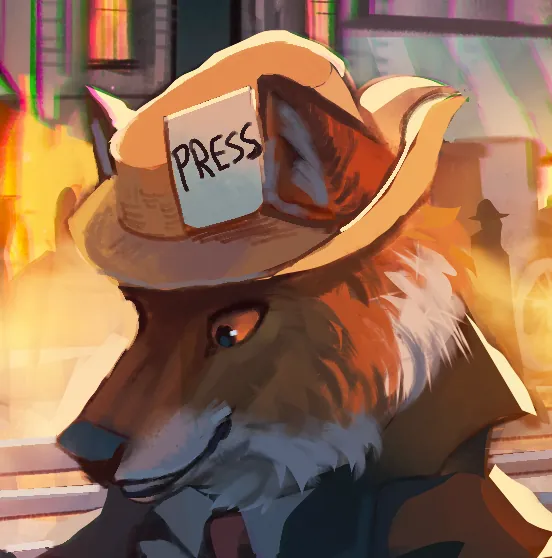Many of you are familiar with some of my writing on early childhood education. Here, someone I’ve chatted with explains at some length her process for helping her children acquire absolute pitch. This is something possible for almost everyone during a narrow window of time; it and similar time-sensitive skills are worth serious consideration if you are a parent of a young child.
- 50
- 11


Jump in the discussion.
No email address required.
Notes -
My reaction to this is "that's nice, dear" but I honestly don't see the applicability, unless it's meant to be "growth mindset! grit! you can if you think you can!" notion of "mould your kids early into the genius, athletic, attractive, popular kids you want".
What's the purpose of acquiring absolute pitch? One kid seems to be talented for music, at least at this early stage, but he could still have been musically talented without absolute pitch. I found it to be a humblebrag: "oh yes, my trilingual kids learning Mandarin and composing their own music because of absolute pitch which I taught them to acquire".
Well that's nice dear, now are you going to tell us next about how they're whole-food organic vegan eco-warriors inventing the next AI advance to save the planet from climate change, all before the age of twelve?
EDIT: I realise the above sounds churlish, and I'm delighted that children get the chance to be exposed to an entire range of non-conventional educational attainments, but at the same time that piece does veer too near, for my comfort, to the "you can make your baby genius success for life" notion of what kids are for. Tiger moms are not the kind of role model I think we need.
"Oh, so you taught your child to read. That's nice, dear, but I honestly don't see the applicability of something like literacy. Sounds like a humble brag to me."
The above is approximately how your comment sounds to me. A kid might be talented at something even if he remains illiterate his whole life, but there are most likely multiple things related to the talent that become easier, quicker or even possible in the first place through learning to read and write.
You can probably do most of what people with absolute pitch do by learning to identify pitches relatively, but for some reason it seems that developing this so called "relative pitch" takes a lot of effort, but absolute pitch kind of builds momentum and just grows on its own once you get it started.
I think there might be some kind of fear of inequality behind a lot of the dismissals of absolute pitch, such as there were on hacker news commenting this same blog post. I think the idea of some people being in a completely different category and having an advantage due to it is terrifying to many people, and a way to cope with the terror is to dismiss the existence of such advantage.
This might just be a matter of what people think of the usefulness of perfect pitch. Perhaps I'm just missing some fundamental human experience but I really have never "gotten" what the big deal is with music. I enjoy it, I have songs and artists that I quite like. But the passion with which some people devote themselves to it has always seemed so alien to me. If not for the premium society puts on it I couldn't differentiate it's importance to, like, juggling ability. To compare perfect pitch to literacy to me is like comparing the benefit of having your kid be able to walk to being double jointed in one finger or the ability to very accurately guess the humidity of a room. Like cool, that's probably useful for something I guess but really, you think these things are comparable? I can barely even remember what pitch means most of the time.
Do you think something like the Harry Potter novels and the whole celebrity culture formed around them is useful for something? I have never read any of the Harry Potter books, and I can fully agree with one part of what you said: "the passion with which some people devote themselves to it has always seemed so alien to me"
I, in general, dislike fanaticism - particularly regarding pop culture figures. Although I'll say minus the weirdly fanatical groups there is some value in common touchstones like Harry Potter and other successful memes even if HP in particular is more well suited for children and young teens. Fascination with children's media well into adulthood is its own separate problem. It's good that I can describe someone as "Like Dumbledore" and have practically everyone in my generation know what I mean. It's less good that many thirty year old women see the whole world through the simple good vs evil lens that a children's book hung a coming of age story on.
More options
Context Copy link
More options
Context Copy link
More options
Context Copy link
More options
Context Copy link
More options
Context Copy link